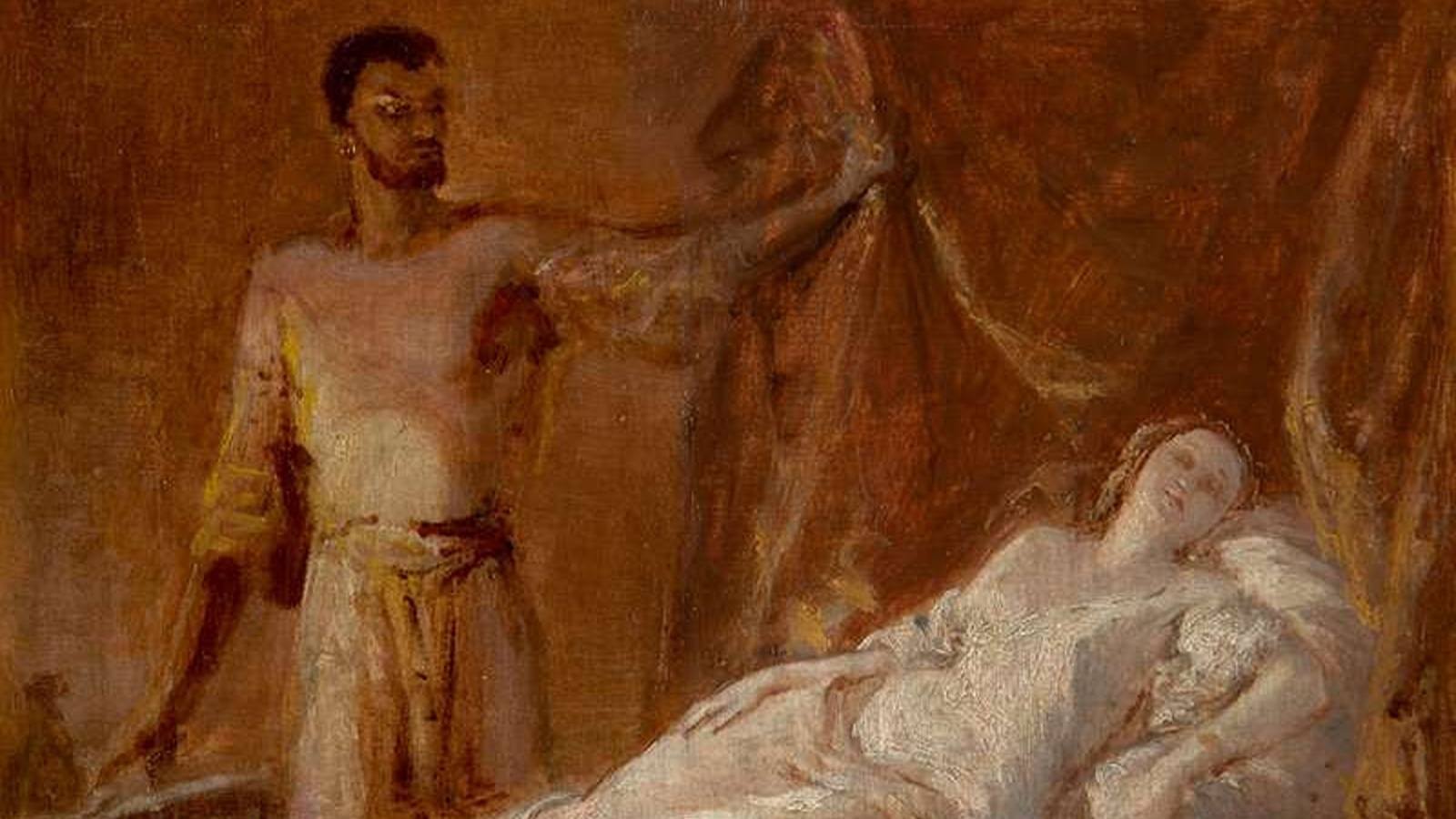Before the epic film score, there was the tone poem of 19th century Romanticism.
This music often abandons traditional formal structures. As with cinematic scores to come, it unfolds in a way that is governed by the dramatic sweep of the story. With sudden mood swings, it offers a rollercoaster ride of emotion, and evokes cinematic imagery.
Antonín Dvořák’s 1892 concert overture, Othello, Op. 93, falls into this category. It was conceived as the final work in a trilogy which includes Nature’s Realm and Carnival. Completed just before Dvořák’s trip to America, the three overtures were premiered in Prague on April 28, 1892, and were performed again six months later at Carnegie Hall. Soon after, the composer reconsidered the grouping, and they were programmed as independent pieces.
If Carnival Overture celebrates the exuberant joys of life, Othello chronicles the destruction of human joy and nature. Inspired by Shakespeare’s play, it is a story in which love is destroyed by all-encompassing jealousy. Convinced that his wife, Desdemona, has been unfaithful, the Moorish general, Othello, murders her in a fit of rage, only later to discover his tragic mistake.
A passionate and restless love theme contains dark foreshadowings of tragedy to come. A passing characterization of Othello includes “exotic” Moorish drones in the woodwinds. At the climax, there is a haunting statement by the trombones, an instrument with supernatural connotations. The Overture concludes in a ferocious, fiery flash.
This performance, recorded on December 14, 2019, features Czech conductor Jakub Hrůša and the Berlin Philharmonic:
Featured Image: “Othello and Desdemona,” Josef Navrátil

